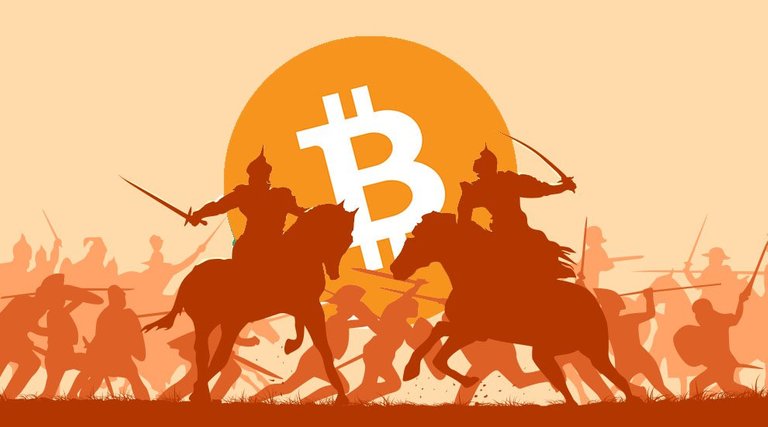
Bitcoin coins (BCH) is going through a watershed moment for the reason that the first Bitcoin (BTC) tough fork has left the network and miners split over the destiny course of the community. This time, but, the try to persuade the direction of the coin might take the shape of a 51% attack, checking out the knowledge for network consensus.
A fifty one% assault is frequently regarded as disastrous for the credibility of a coin, allowing miners to alter the disbursed ledger, double-spend, or perform other actions on the network. The way the Bitcoin cash SV version could be carried out is exactly this: sustained mining of an opportunity chain. however, the model of Graig Wright may have simplest 182 nodes to run towards 1,103 ABC nodes.
Taking Bitcoin’s history as an example, the nodes signaling their allegiance is a shape of consensus. as a minimum inside the case of the SegWit2X wars for impact, it was no longer hashrate however nodes that defined the dominance of 1 version over the alternative.
however the try to take over Bitcoin cash is antagonistic. here are the possibilities following the transfer of 72% of the Bitcoin coins hashrate to the SV version.
Bitcoin cash dies: BCH becomes a coin with separate ledgers, under a steady fifty one% attack. no person is positive which version might live to tell the tale. and not using a replay safety, siding with one model should mean a complete loss. Chaos on exchanges ensues. no one can tell how long the hash wars may additionally maintain, but, in effect, the assisting sides would mine blocks and receive rewards of an asset that may not exist.
one of the versions capitulates: The hash wars ought to give up if one of the chains raises the white flag. but, it is unknown who will be the arbiter of the triumphing chain, and each can also try and produce “the longer chain.” Exchanges might also turn out to be arbiters as a few are ready to just accept one model over the opposite. there's no timeframe for identifying which chain might be longer, but even one block should suffice. Nodes, however, are not enough to define a model’s dominance inside the very last evaluation. based at the Bitcoin white paper, the principle of selecting the version of the blockchain entails each nodes and miners. as it says there, “The device is relaxed as long as sincere nodes collectively manipulate greater CPU power than any cooperating institution of attacker nodes.”
both versions cut up off: it's far feasible that two versions of Bitcoin cash live to tell the tale. There are extraordinary scenarios for this. The supporters of Bitcoin coins SV appear greater adamant about taking up the ticker and posing as “the authentic Bitcoin cash.” on the equal time, the alternative model won't surrender and may proceed to create a brand new virtual asset. this would be a first-class-case scenario considering the fact that holders of BCH should emerge as proudly owning kinds of virtual assets, each with a chance to show up on exchanges. it's miles not possible to predict which version could be deemed more precious, and the marketplace would decide which the dominant one is.
Bitcoin cash ABC modifications PoW: In case the assault will become too long and too costly, the impossibility to save the ABC version through brute pressure mining may additionally lead to an emergency upgrade. Talks of a probable proof-of-paintings (PoW) exchange, in essence making the chain unbiased, may leave the SV version loose to mine the antique kind of blocks even as having no manner to take over the ABC model.
The SV model receives defeated: Defeat for the Satoshi’s imaginative and prescient version may also come by way of emergency mining from Bitmain. currently, Roger Ver advised he may also redirect hashing strength from the Bitcoin.com mining pool regardless of customers’ desires to defend the ABC model. There are also expectancies that Bitmain will step as much as make sure the steadiness and continuation of a BCH model. defensive a stash of one billion cash may be incentive enough for Bitmain to burn money on mining and protect the model of a blockchain.
shape of consensus